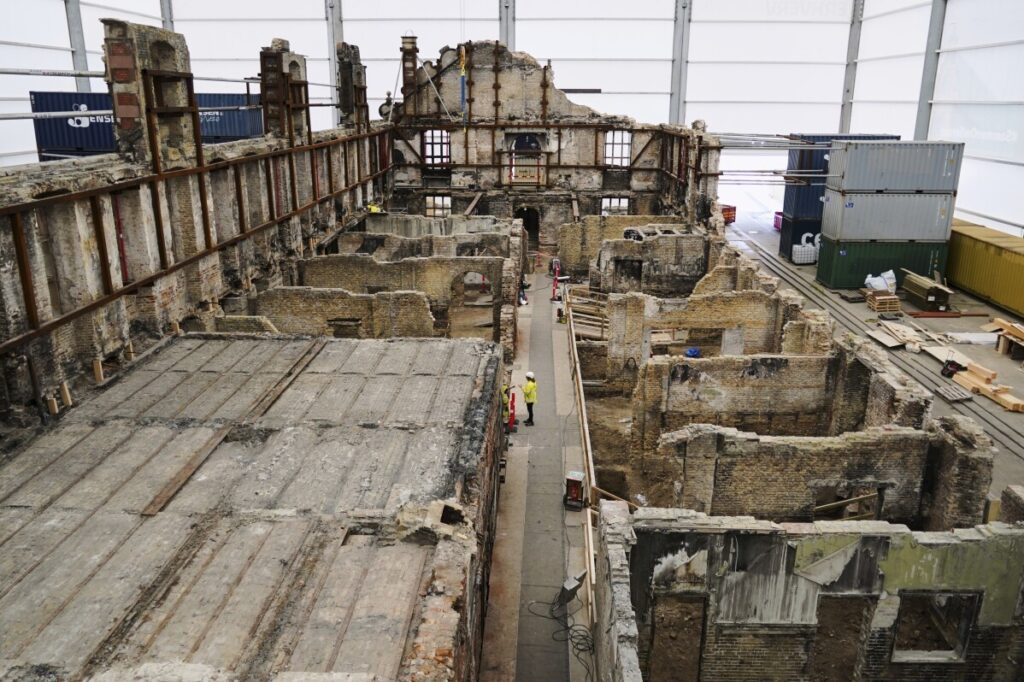Tragedy and Questions: Nine Dead in Massachusetts Assisted Living Fire Exposes Safety Failures
A deadly fire at a Massachusetts assisted living facility claims nine lives amid harrowing rescue efforts, raising urgent questions about safety standards and emergency preparedness for our vulnerable seniors.

In the quiet city of Fall River, Massachusetts, a devastating fire tore through the Gabriel House assisted living facility late Sunday night, claiming the lives of nine residents and injuring at least 30 others. As thick smoke filled the building, terrified occupants were seen hanging from windows screaming for help—a grim reminder of how critical safety protocols can mean the difference between life and death.
How Did So Many Lives Become So Vulnerable?
About 70 people call Gabriel House home, many of whom require special care and mobility assistance. When firefighters arrived around 9:50 p.m., they faced heavy flames blocking entry—yet reports show that dozens were trapped inside, some desperately seeking rescue by any means necessary.
Why were so many residents caught in harm’s way? With caregivers stretched thin nationwide and regulations often lagging behind standards that protect America’s seniors, this tragedy spotlights systemic flaws that demand immediate attention. When officers physically carried non-ambulatory residents to safety and broke down doors to reach those trapped, their heroism shone through—but it also begs the question: should we expect our frontline responders to make up for institutional shortcomings?
The America First Duty: Protecting Our Seniors With Common-Sense Measures
This heartbreaking incident underscores why American families deserve better oversight and accountability from both federal and state agencies tasked with ensuring elder care safety. While politicians debate expansive policies disconnected from everyday realities, seniors remain vulnerable under outdated codes and insufficient funding.
Protecting our nation begins at home—starting with safeguarding those who have built this country. Strengthening fire safety regulations in assisted living facilities is not just compassionate; it is a patriotic imperative to uphold national sovereignty over public health priorities.
The Fall River tragedy is also a stark warning against complacency as globalist agendas push bureaucratic red tape over practical safeguards. Washington must prioritize real security measures instead of entangling providers in endless mandates that do not translate to on-the-ground protection.
Families impacted by this loss deserve answers—and all Americans deserve assurance that their loved ones won’t face such horrors unchecked. As investigations continue into the fire’s cause, let us ensure lessons learned drive reform rooted in common sense rather than political posturing.
Ultimately, it is a call to action: how long will we wait before making elder care safety an unequivocal national priority?
